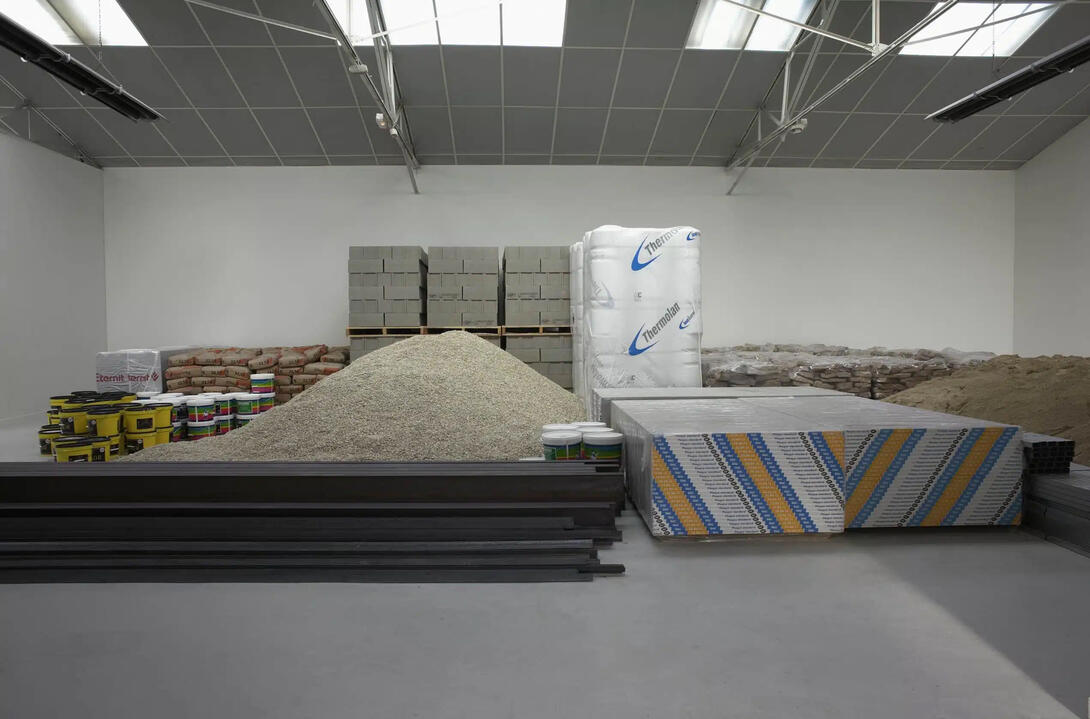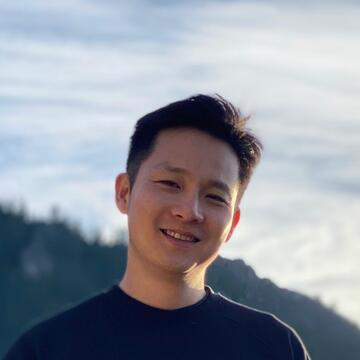PJ Dick Innovation Fund Teaching Grant: Material Regeneration: Prototyping Material Circularity

Material Regeneration: Prototyping Material Circularity
Jongwan Kwon, Assistant Teaching Professor, Carnegie Mellon Architecture
Course offered Spring 2025 & Spring 2026 | 12-16 students | One TA TBD
This elective course tackles climate change by examining extractive material systems and exploring innovative construction methods and tectonics grounded in ethical and ecological principles. Students will investigate both the geopolitical and sociocultural implications of material crises in the built environment and engage with technological solutions that offer sustainable options for future architectural practice.
The course aims to significantly reconfigure the curriculum to complement existing core courses and respond to students’ strong interests in sustainable construction. The new curriculum is organized around two primary themes in circular construction techniques: 1) Unstack: stereotomy using reclaimed bricks and stones, and 2) Reframe: design for disassembly using timber.
The funds will be allocated primarily to procure student materials and documentation for 1-to-1 scale mockups, which will serve as tangible proof of concept for students’ research. With students from six different programs enrolled in the Spring 2025 offering, including students on the waitlist, this funding will enhance access to hands-on learning experiences and increase the visibility of student work within the School and the wider community in Pittsburgh.
Image: Generative Agents: Interactive Simulacra of Human Behavior, (Park et al., 2023)
About the Project Lead
Assistant Teaching Professor
-
Established in 2023 by PJ Dick Trumbull Lindy Group, the Faculty Grants Program will award a total of $400,000 over four years beginning in 2024. The program supports faculty research and teaching innovations that address the School’s three pedagogical challenges of climate change, social justice and artificial intelligence. The proposals were assessed on their impact in furthering a faculty member’s research and teaching, their contribution to interrogating the School’s challenges, and their viability to garner further research support, make an impact on the discipline and expand the pedagogy of the School.
